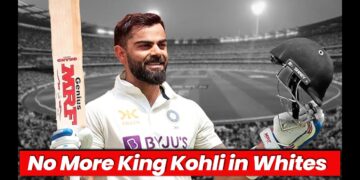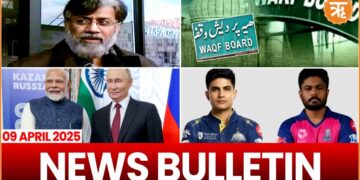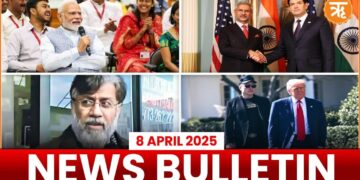Chandrashekhar, India’s 8th Prime Minister, passed away on 8 July 2007. Known as Jannayak, he served from 10 November 1990 to 21 June 1991, leading a minority government with external support from the Indian National Congress. Notably, he was the first Prime Minister who had never held any prior government post, forming his government with the fewest MPs in the Lok Sabha. Born on 17 April 1927, he was a Rajya Sabha member supported by the Samajwadi Party and later the Congress. Imprisoned during the Emergency, he joined the Janata Party upon his release in 1977. The Indian government declared seven days of state mourning after his death.
On July 8, 2007, India’s 8th Prime Minister Chandrashekhar passed away
– He is known as Jannayak
– He was born on April 17, 1927 in Ballia district of UP
Jyoti Basu, born on 8 July 1914 in Calcutta, served as West Bengal’s Chief Minister for a record 23 years from 1977 to 2000. A founding member of the Communist Party of India (Marxist), he was elected to the West Bengal Legislative Assembly 11 times. Basu was offered the Prime Minister’s position three times. In 1990, Rajiv Gandhi offered him the role during a political crisis, but the CPI(M) rejected it. Again, in 1991, Gandhi extended the offer, which was also declined. In 1996, Basu desired the position, but his party did not approve. Jyoti Basu passed away on January 17, 2010.
Jyoti Basu was born on July 8, 1914 in Calcutta
-He was the CM of West Bengal for 23 consecutive years
– He got the offer to become the Prime Minister 3 times
Sourav Ganguly, born on 8 July 1972 in Kolkata, is a former Indian cricketer and captain of the Indian national team. Known for his aggressive batting and efficient leadership, Ganguly captained India from 2000, leading to significant successes such as the 2002 NatWest Series win and reaching the 2003 World Cup final. A left-handed batsman and occasional off-spin bowler, he retired in 2008. Post-retirement, Ganguly became a commentator, TV presenter, and cricket administrator. He served as President of the Cricket Association of Bengal and Chairman of Wisden India’s Editorial Board. In 2019, he became President of the Board of Control for Cricket in India for a three-year term.
Sourav Ganguly was born on 8 July 1972 in Kolkata, West Bengal
– He was a former Indian cricketer and captain of the Indian national team
– He has also been the President of the Board of Control for Cricket in India in the year 2019
On July 8, 1954, Prime Minister Jawaharlal Nehru inaugurated the Bhakra-Nangal Canal Project, initiated in 1951 and approved in 1948. This project included the construction of Bhakra Dam, Nangal Dam, and canals. An American engineering team was involved, prioritizing the canal to provide irrigation water for farmers. A 60 km railway line from Ropar to Nangal was built for transporting goods, along with new roads and a 50-bed hospital. Originally proposed in 1908, the British government had rejected it due to financial constraints, but it was completed in independent India.
Bhakra-Nangal Canal Project was inaugurated on July 8, 1954
– The project was inaugurated by Pandit Jawaharlal Nehru
– The project proposed to build Bhakra Dam, Nangal Dam and canals
On 8 July 1497, Vasco da Gama embarked on his first voyage to India, setting sail with 170 men, four large ships, and numerous boats. The expedition, which included three linguists, took nearly 11 months to discover a sea route from Europe to India. Upon reaching Calicut on 20 May 1498, da Gama met the local king and established trade, though opposition forced his return to Portugal. He made two more trips to India, with his final journey ending in his death on 24 May 1524 in Kochi. His remains were later exhumed in 1538 and transported to Portugal.
On July 8, 1497, Vasco da Gama set out on his first trip to India
– It took Vasco da Gama about 11 months to reach India
– On May 20, 1498, Vasco da Gama reached Calicut, India














Comments